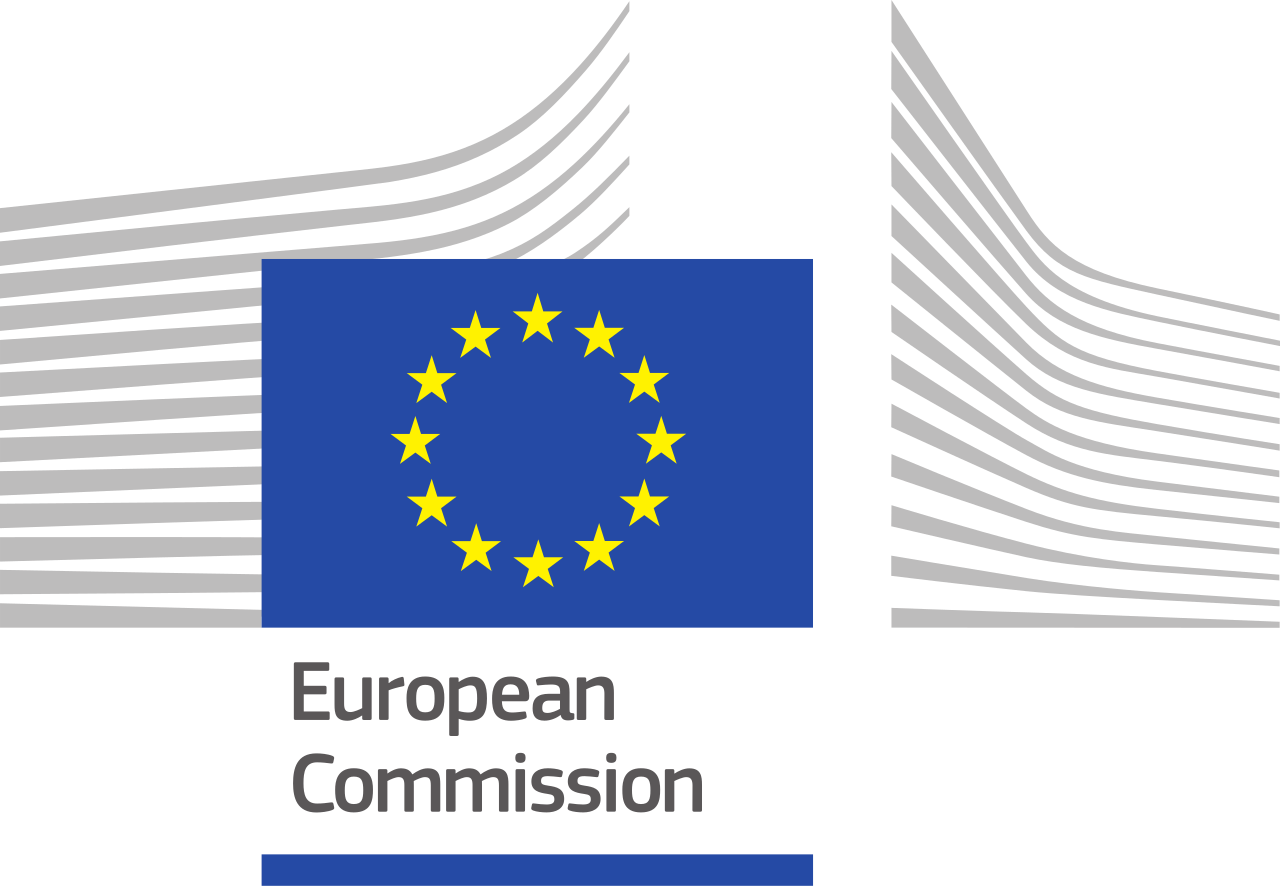Intro
The role of fuels and their contribution to decreasing air pollution and greenhouse gas (GHG) emissions is recognised in EU legislation, which stipulates minimum quality requirements and GHG intensity reduction targets for a range of petroleum and bio-based fuels. The reduction targets are likely to be achieved with the use of sustainable biofuels, less carbon-intense fossil fuels, renewable fuels of non-biological origin and a reduction in GHGs emitted during the crude oil production phase.
EU Member States annually report information on the volumes, energy content and life cycle GHG emissions of fuels used in road transport and non-road mobile machinery, as well as the quality of automotive petrol and diesel, in line with their obligations under the Fuel Quality Directive 98/70/EC, Articles 7a and 8.
Article 7a of the Fuel Quality Directive (FQD) sets out reporting requirements for the volume and type of fuels supplied for road transport and non-road mobile machinery, as well as their life cycle greenhouse gas (GHG) emissions (from extraction, processing and distribution), including the emissions resulting from indirect land use change for biofuels. The FQD sets a target for fuel suppliers to reduce the GHG intensity of transport fuels by a minimum of 6 % by 2020 compared with 2010 levels.
Article 8 of the FQD requires Member States to report the volume and the quality of petrol and diesel fuels sold in 2017 in the EU. More specifically, Member States must sample fuels each year and analyse their technical characteristics to ensure that they are consistent with the requirements of the FQD.
What the data are telling us
Fuel sales in Europe are dominated by diesel.
Almost all fuels sold in Europe contain biofuels.
Although the use of biofuels has contributed to a reduction in the GHG emission intensity of road transport fuels in the EU, the set reduction target of 2020 has not been met.
If indirect land use changes were taken into account for reaching the target, the gap would increase further.
Where the data come from
The EEA compiles information provided by the countries for Article s7a and 8 of the Fuel Quality Directive 98/70/EC.

